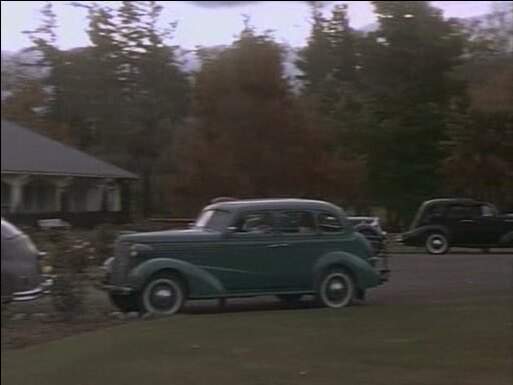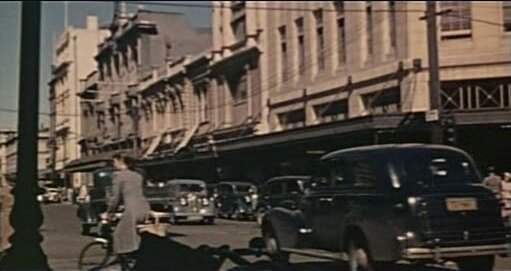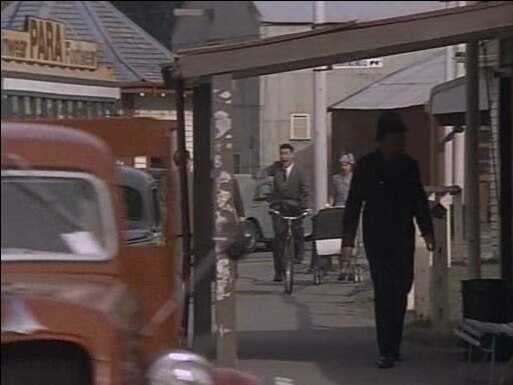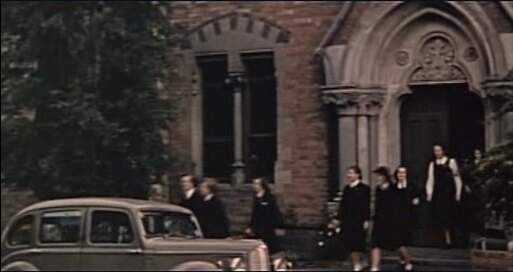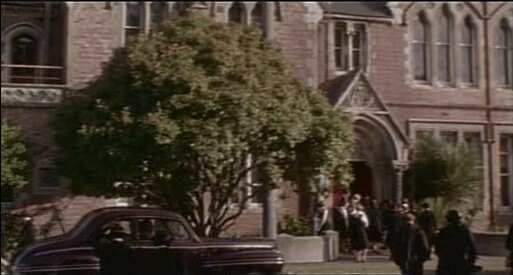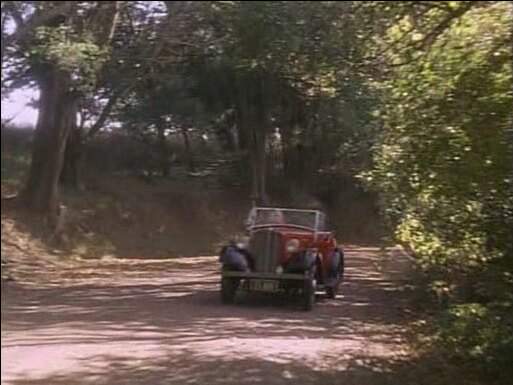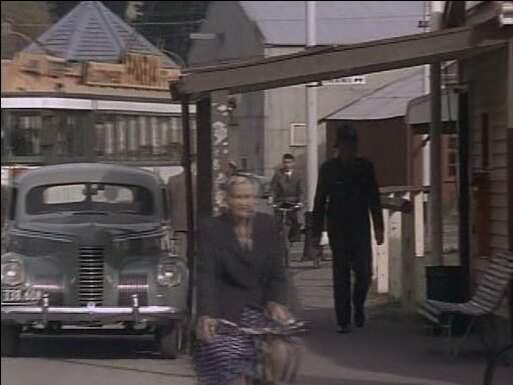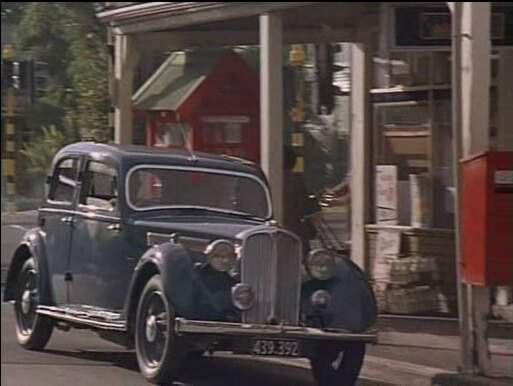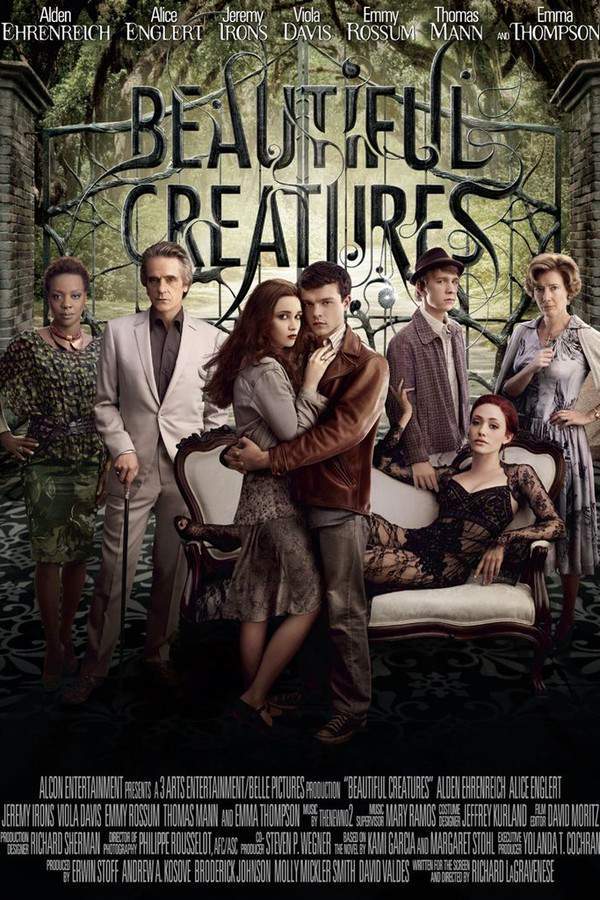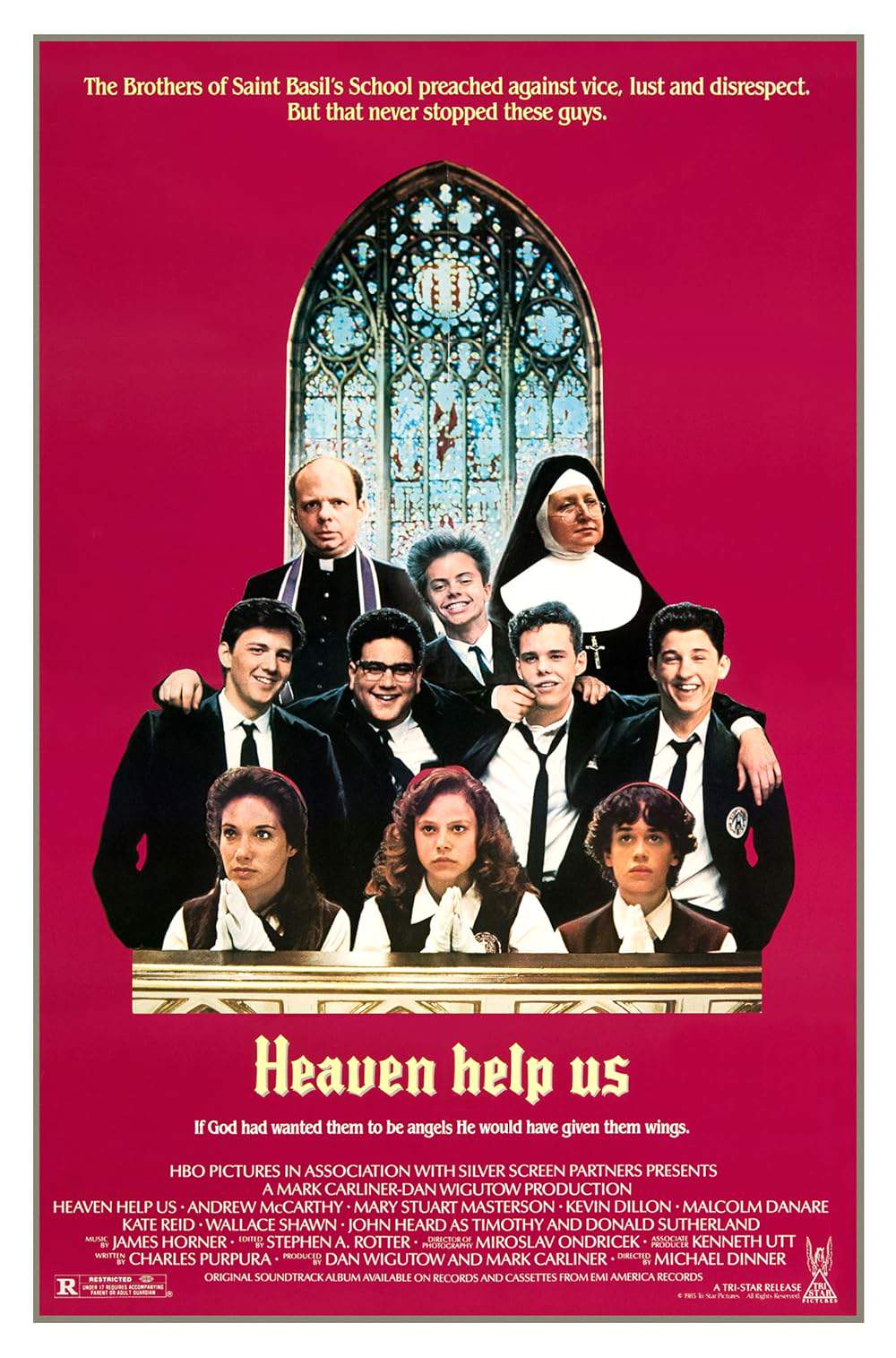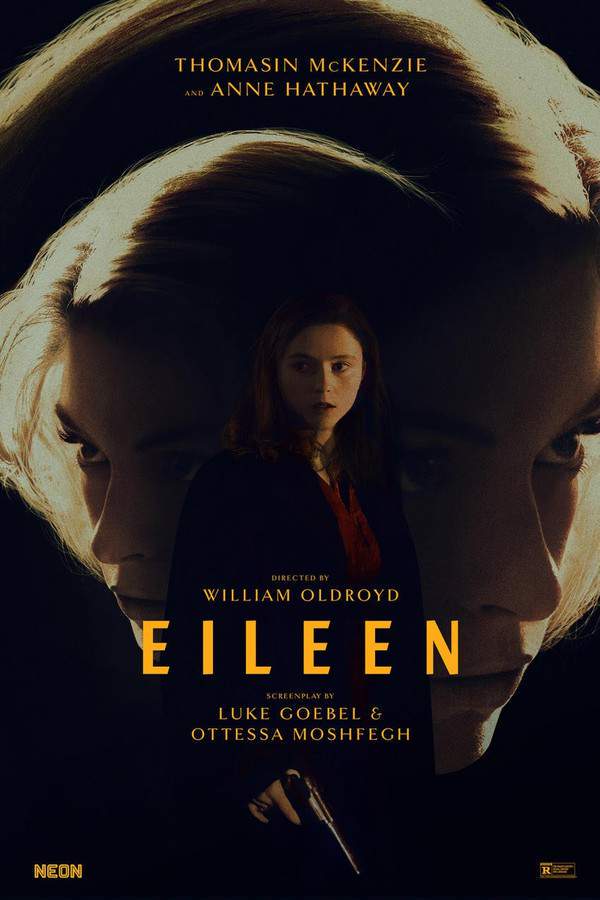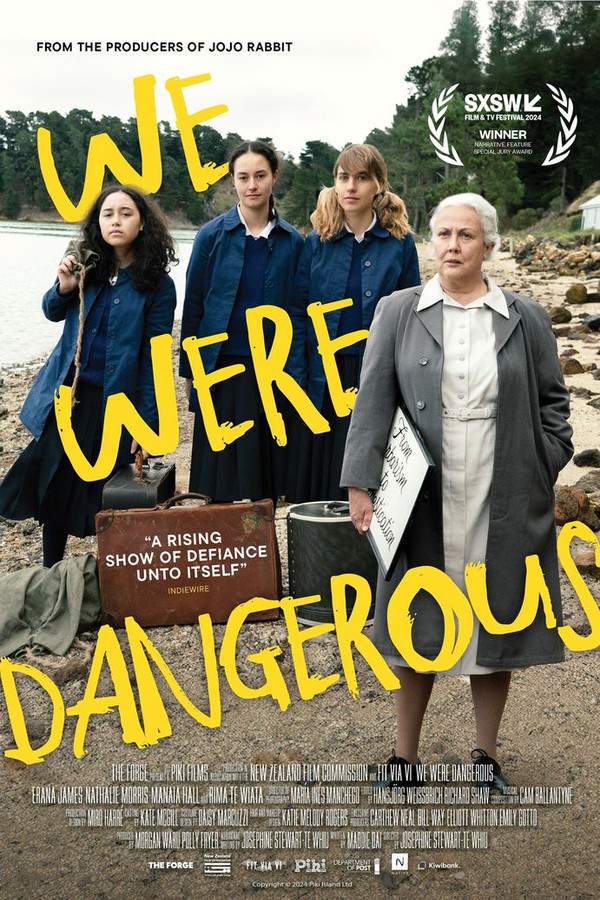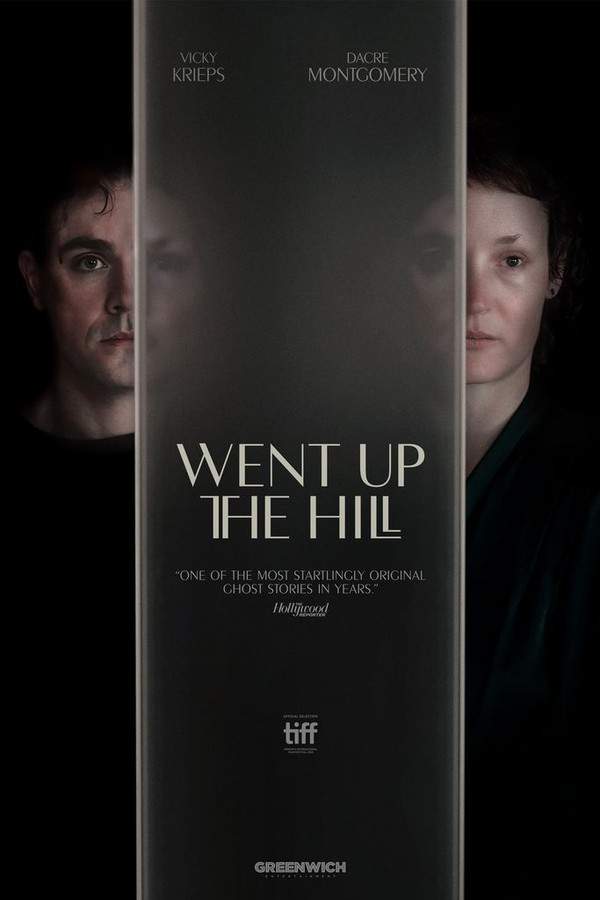Heavenly Creatures 1994
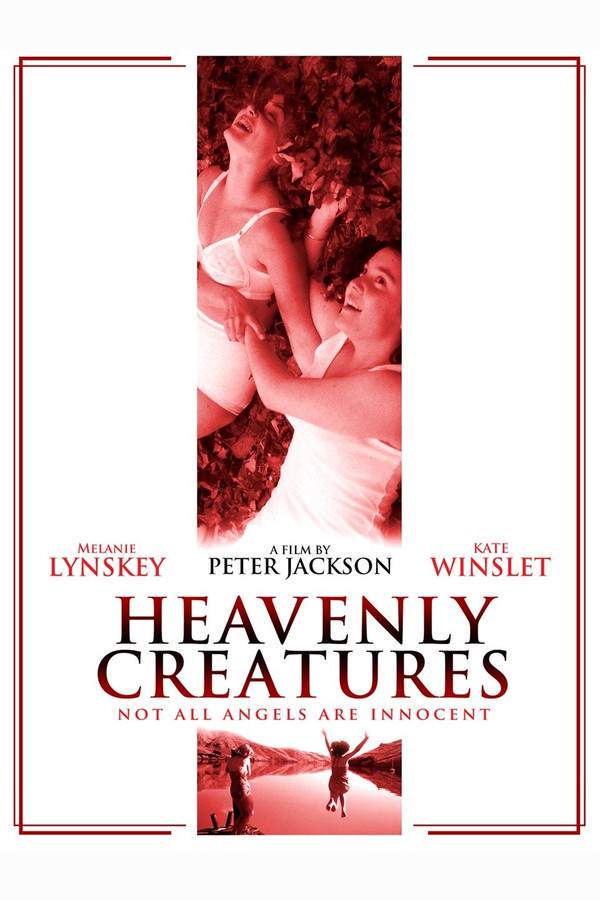
In this gripping drama set in Christchurch, New Zealand, fifteen-year-old Juliet's life is upended by an intense connection with fellow outsider Pauline. Bound by shared passions and fantasies centered around Hollywood star Mario Lanza, the girls create an elaborate inner world as a means of escaping the pressures of their families. Their bond deepens into an all-consuming relationship, ultimately leading them to plot a daring escape to America, fueled by a dark determination to be together.
Does Heavenly Creatures have end credit scenes?
No!
Heavenly Creatures does not have end credit scenes. You can leave when the credits roll.
Meet the Full Cast and Actors of Heavenly Creatures
Explore the complete cast of Heavenly Creatures, including both lead and supporting actors. Learn who plays each character, discover their past roles and achievements, and find out what makes this ensemble cast stand out in the world of film and television.
External Links and Streaming Options
Discover where to watch Heavenly Creatures online, including streaming platforms, rental options, and official sources. Compare reviews, ratings, and in-depth movie information across sites like IMDb, TMDb, Wikipedia or Rotten Tomatoes.
Ratings and Reviews for Heavenly Creatures
See how Heavenly Creatures is rated across major platforms like IMDb, Metacritic, and TMDb. Compare audience scores and critic reviews to understand where Heavenly Creatures stands among top-rated movies in its genre.

86
Metascore
7.1
User Score


95%
TOMATOMETER

83%
User Score

70
%
User Score
Take the Ultimate Heavenly Creatures Movie Quiz
Challenge your knowledge of Heavenly Creatures with this fun and interactive movie quiz. Test yourself on key plot points, iconic characters, hidden details, and memorable moments to see how well you really know the film.
Heavenly Creatures Quiz: Test your knowledge about the chilling and imaginative story of 'Heavenly Creatures'.
What year does 'Heavenly Creatures' take place in?
1950
1952
1955
1960
Show hint
Awards & Nominations for Heavenly Creatures
Discover all the awards and nominations received by Heavenly Creatures, from Oscars to film festival honors. Learn how Heavenly Creatures and its cast and crew have been recognized by critics and the industry alike.
67th Academy Awards 1995
Writing (Screenplay Written Directly for the Screen)

19th Toronto International Film Festival Awards 1994

Full Plot Summary and Ending Explained for Heavenly Creatures
Read the complete plot summary of Heavenly Creatures, including all major events, twists, and the full ending explained in detail. Explore key characters, themes, hidden meanings, and everything you need to understand the story from beginning to end.
In the year 1952, in Christchurch, a well-off 13-year-old English girl named Juliet Hulme finds herself transferring to a new school where she forms a close bond with a 14-year-old girl from a working-class background, Pauline Parker. Their friendship blossoms over shared experiences of trauma from childhood illnesses and lengthy stays in hospitals. Pauline is enchanted by Juliet’s boldness and stunning beauty, contrasting sharply with her own turbulent relationship with her mother, Honora, marked by constant conflict.
Juliet’s home life is intellectually serene, a stark contrast to the chaos Pauline faces daily. As their bond strengthens, Pauline often seeks refuge at the Hulmes’ residence, where she feels a sense of belonging. Together, they indulge in creative pursuits such as painting, crafting figurines, and weaving fantastical stories, ultimately leading to the creation of an imaginary kingdom they call Borovnia. This world becomes the backdrop of the adventure novels they aspire to publish and adapt into films in Hollywood, blurring the lines between their imagination and reality.
Juliet introduces Pauline to the concept of the “Fourth World,” a paradise absent of Christianity, where art and music reign supreme. She believes that after her death, she will ascend to this idyllic realm. On a day trip to Port Levy, when Juliet’s parents announce their impending trip, she is overcome with dread at the thought of isolation. In her turmoil, she experiences the Fourth World for the first time, a place where she feels entirely safe and content. Upon sharing this vision with Pauline, they both become captivated by the beauty of this shared experience, deepening their connection.
However, things take a darker turn when Juliet contracts tuberculosis and is sent to a clinic. Despite the physical distance, the girls continue to write to one another, adopting the personas of royal figures in Borovnia. During this time, Pauline becomes involved with a lodger, igniting Juliet’s feelings of jealousy. Their once innocent fantasy escapism gradually shifts towards violent imaginings, fueled by the oppression they feel in the real world.
As tensions rise, especially with Juliet’s father expressing concerns about the intensity of their friendship, their world starts to crumble. In response to Juliet’s deteriorating family situation, including her parents’ decision to divorce and their plan to relocate, the girls concoct desperate plans to escape. Their fantasies spiral into conversations about murder, viewing Pauline’s mother as the main barrier to their bond.
In a dramatic climax, the girls spend the final weeks of their friendship together at Juliet’s house. When mommy Honora organizes a trip to Victoria Park, the plan solidifies in their minds. After enjoying tea, the family takes a walk, and as Honora bends down to retrieve a pink charm the girls have intentionally dropped, the unimaginable occurs — Juliet and Pauline strike her down with a brick hidden in a stocking.
A haunting epilogue reveals that soon after this shocking act, both girls are captured, sentenced to five years in prison, having evaded death due to their youth, and ultimately released in 1959 with the stipulation that they must never see each other again. Their story is a chilling tale of love, delusion, and the tragic consequences of overwhelming passion.
Uncover the Details: Timeline, Characters, Themes, and Beyond!

Coming soon on iOS and Android
The Plot Explained Mobile App
From blockbusters to hidden gems — dive into movie stories anytime, anywhere. Save your favorites, discover plots faster, and never miss a twist again.
Sign up to be the first to know when we launch. Your email stays private — always.
Watch Trailers, Clips & Behind-the-Scenes for Heavenly Creatures
Watch official trailers, exclusive clips, cast interviews, and behind-the-scenes footage from Heavenly Creatures. Dive deeper into the making of the film, its standout moments, and key production insights.
Cars Featured in Heavenly Creatures
Explore all cars featured in Heavenly Creatures, including their makes, models, scenes they appear in, and their significance to the plot. A must-read for car enthusiasts and movie buffs alike.
Heavenly Creatures Themes and Keywords
Discover the central themes, ideas, and keywords that define the movie’s story, tone, and message. Analyze the film’s deeper meanings, genre influences, and recurring concepts.
Heavenly Creatures Other Names and Titles
Explore the various alternative titles, translations, and other names used for Heavenly Creatures across different regions and languages. Understand how the film is marketed and recognized worldwide.
Similar Movies To Heavenly Creatures You Should Know About
Browse a curated list of movies similar in genre, tone, characters, or story structure. Discover new titles like the one you're watching, perfect for fans of related plots, vibes, or cinematic styles.
Quick Links: Summary, Cast, Ratings, More

What's After the Movie?
Not sure whether to stay after the credits? Find out!
Explore Our Movie Platform
New Movie Releases (2025)
Famous Movie Actors
Top Film Production Studios
Movie Plot Summaries & Endings
Major Movie Awards & Winners
Best Concert Films & Music Documentaries
Movie Collections and Curated Lists
© 2025 What's After the Movie. All rights reserved.






















